Jewish Exiles and European Thought in the Shadow of the Third Reich
Hans Baron, Karl Popper, Leo Strauss and Erich Auerbach were among the many German-speaking Jewish intellectuals who fled Continental Europe with the rise of Nazism in the 1930s. Their scholarship, though not normally considered together, is studied here to demonstrate how, despite their different disciplines and distinctive modes of working, they responded polemically in the guise of traditional scholarship to their shared trauma. For each, the political calamity of European fascism was a profound intellectual crisis, requiring an intellectual response which Weinstein and Zakai now contextualize, ideologically and politically. They exemplify just how extensively, and sometimes how subtly, 1930s and 1940s scholarship was used not only to explain, but to fight the political evils that had infected modernity, victimizing so many. An original perspective on a popular area of research, this book draws upon a mass of secondary literature to provide an innovative and valuable contribution to twentieth-century intellectual history.
- Presents a cross-disciplinary study of how forced exile can shape intellectual scholarship
- Compares Jewish exiles in diverse scholarly disciplines, which will appeal to a wide range of scholars of European intellectual and cultural history
- Argues that not just 1930s Jewish exile scholarship is ideological, but that all scholarship is ideological
Reviews & endorsements
'Weinstein and Zakai's book makes a worthwhile contribution to our understanding of how German Jewish thinkers encountered historicism as a legacy of European thought that had to be opposed, or used with caution, because it seemed entangled in the crisis of Nazism.' Ben Wurgaft, The Journal of Modern History
Product details
November 2018Paperback
9781108704984
317 pages
228 × 151 × 16 mm
0.46kg
Available
Table of Contents
- 1. Hans Baron: humanism and Republican liberty in an age of tyranny
- 2. Karl Popper: critical interpretation as fighting fascism
- 3. Leo Strauss as Talmud in the wrong place
- 4. Erich Auerbach and the crisis of German philology.

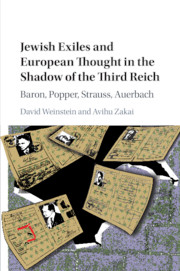
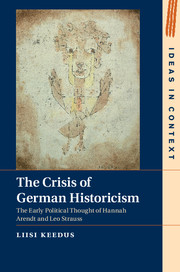
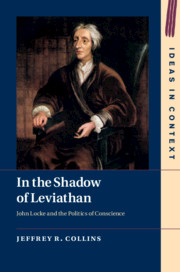
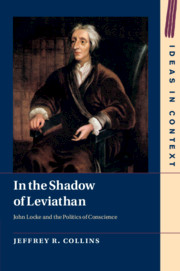
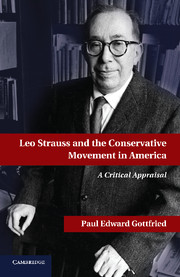



.jpg)
.jpg)